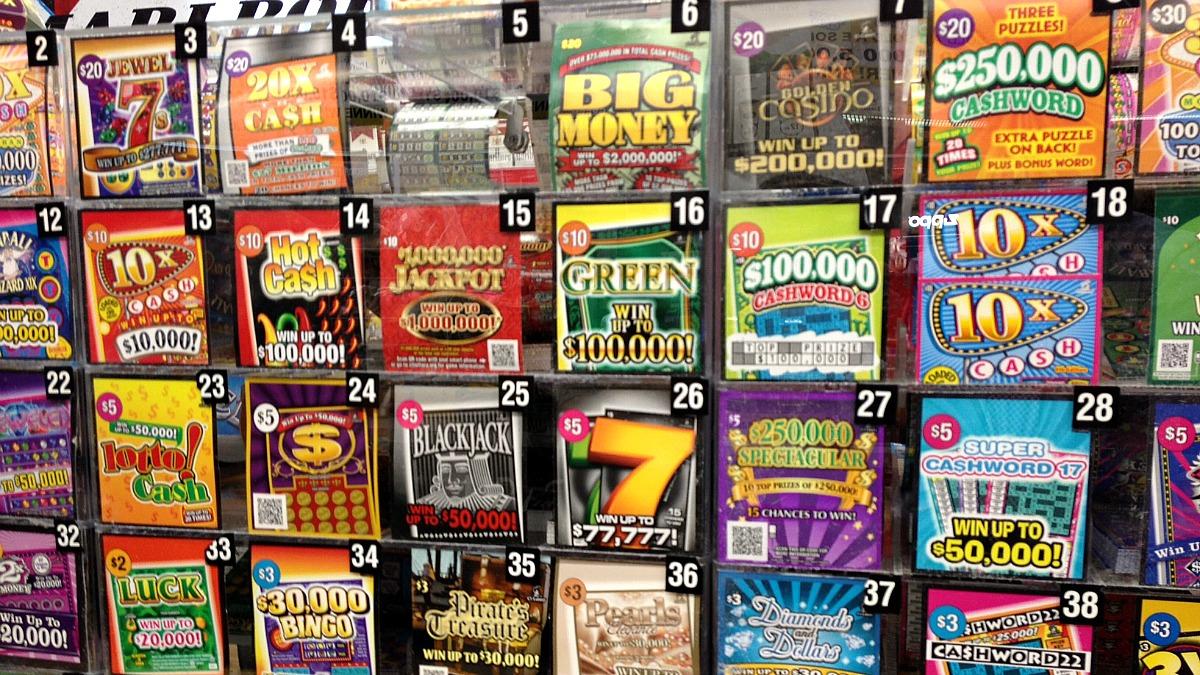Lotteries have been captivating the human imagination for centuries. From ancient civilizations to modern societies, the allure of a lottery game transcends time and culture. What lies beneath this seemingly simple game of chance? Let’s delve deeper into the world of messipoker, exploring their history, psychology, and societal impact.
A Historical Glimpse: Lotteries trace back to ancient times, with records indicating their existence in the Han Dynasty of China around 200 BC. Throughout history, lotteries have been utilized to finance wars, construct public buildings, and support various projects. In the 15th century, even the Vatican used lotteries to raise funds for the reconstruction of St. Peter’s Basilica.
Psychology of Lottery Players: What motivates individuals to participate in lotteries? Psychologists suggest that it’s not merely about the prospect of winning vast sums of money but also the emotional experience associated with it. For many, buying a lottery ticket ignites a sense of hope and anticipation, offering a brief escape from the mundanity of everyday life. The thrill of imagining a life transformed by a jackpot win is a powerful motivator, driving millions to try their luck week after week.
The Odds and Probability: Despite the excitement surrounding lotteries, it’s essential to grasp the reality of the odds. The chances of winning the jackpot in most lotteries are exceedingly slim, often akin to being struck by lightning multiple times. Yet, the allure persists, fueled by the tantalizing prospect of defying statistical improbability. Psychologically, humans tend to overestimate their likelihood of success, leading to persistent participation despite the rational understanding of unfavorable odds.
Lotteries and Society: Beyond individual psychology, lotteries play a significant role in society. Governments worldwide utilize lotteries as a means of generating revenue without imposing additional taxes. Proceeds from lottery sales often fund essential public services, ranging from education and healthcare to infrastructure development and cultural initiatives. However, critics argue that lotteries disproportionately target low-income individuals, creating a regressive form of taxation that exacerbates socioeconomic disparities.
The Dark Side of Lottery Wins: While winning the lottery may seem like a dream come true, the reality for many winners is far from idyllic. Numerous studies have documented cases of “lottery curse,” where jackpot winners experience a range of negative outcomes, including bankruptcy, estrangement from family and friends, and even depression. Sudden wealth can pose unforeseen challenges, from managing newfound fortune to navigating relationships strained by envy and expectation.
A Shift Towards Online Lotteries: With the advent of the internet, traditional lottery games have evolved into online platforms, offering greater accessibility and convenience. Players can now participate in lotteries from the comfort of their homes, with a plethora of options available at their fingertips. This digital transformation has expanded the reach of lotteries, attracting a new generation of players while raising questions about responsible gambling and regulatory oversight.


